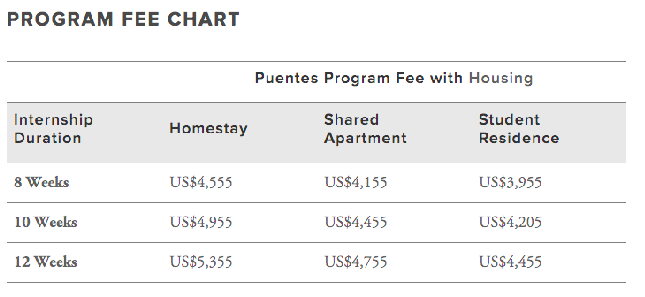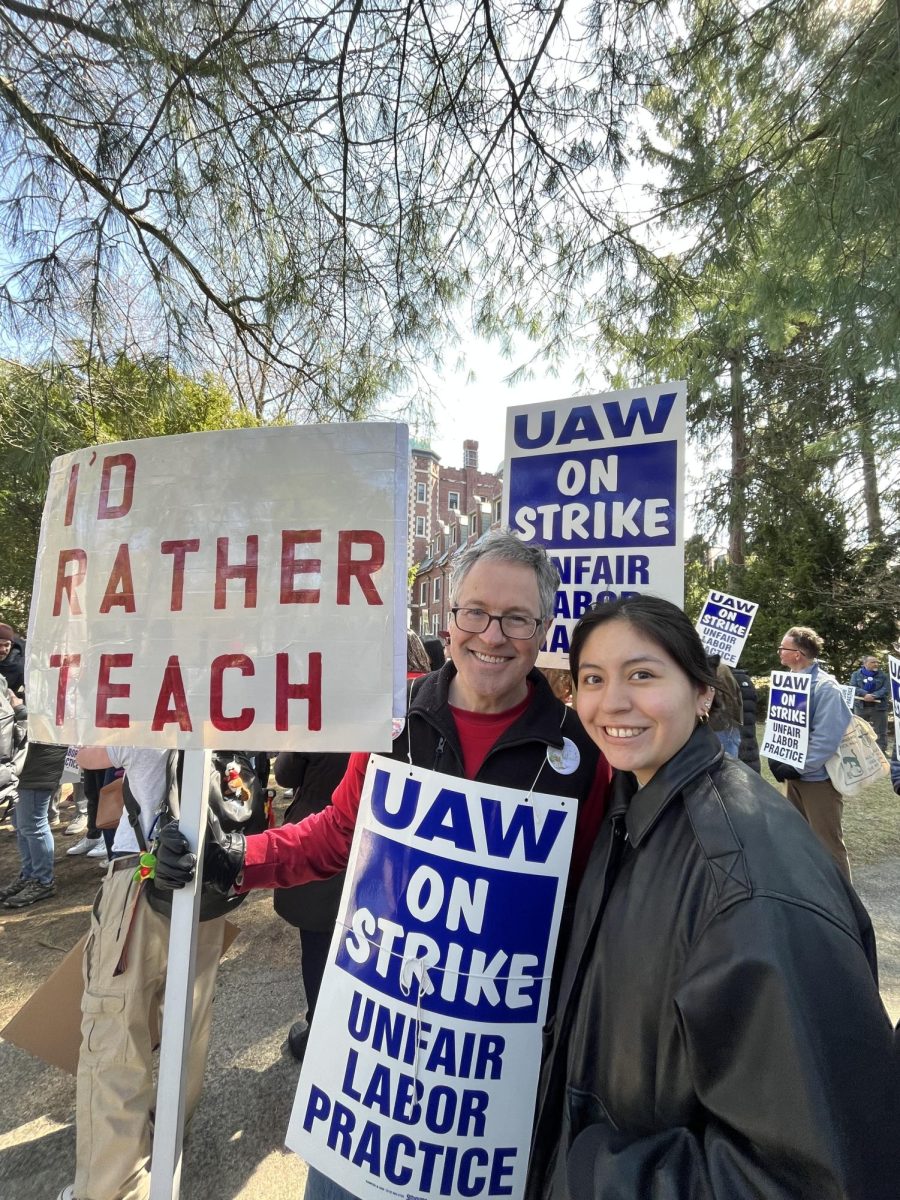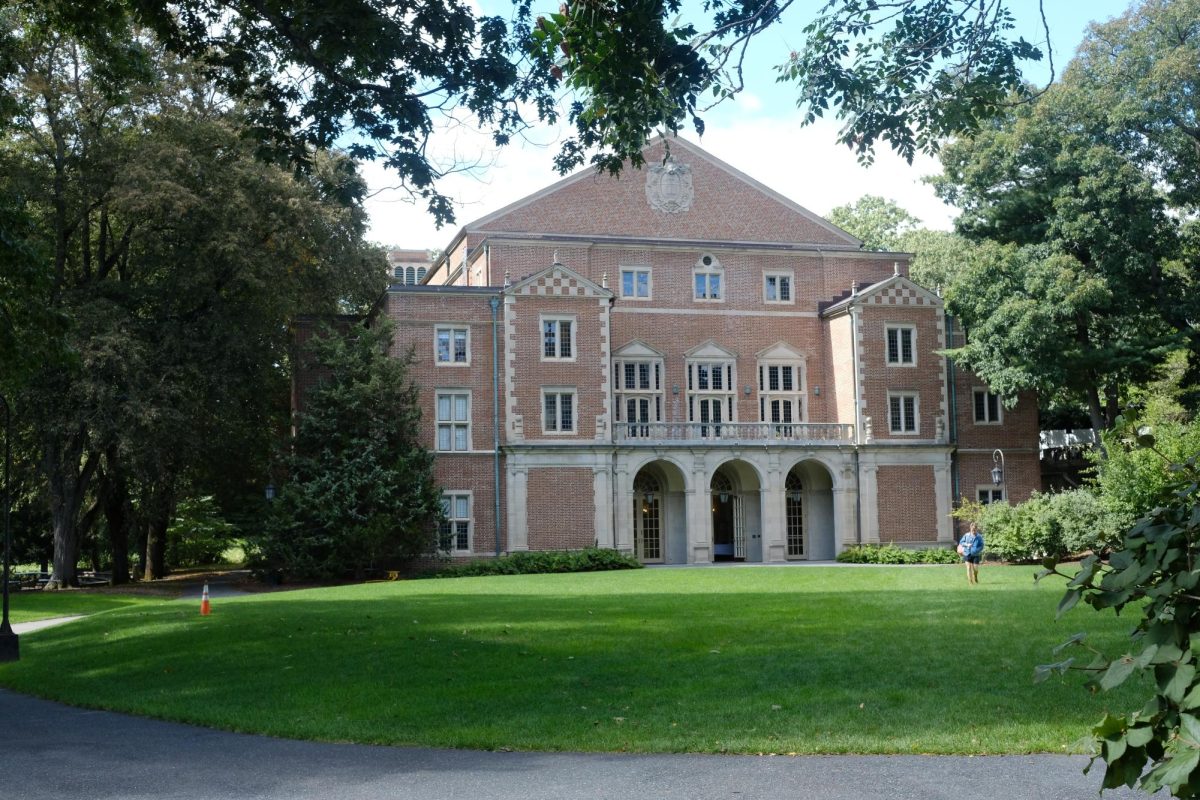In the midst of a heated national debate about which internships should be unpaid, college students are scouring spring and summer internships. Campus fairs, websites like Vault and Idealist, referrals and simple Google searches constitute a fraction of the ways students and companies find one another. Another source of employment opportunities is third party internships; intermediaries match students to organizations using their applications. Third party internships often have glossy websites advertising once-in-a-lifetime international internship experiences that can be easily accessed. Sometimes students are scammed by these websites because their internship experiences are inferior to the ones promised by the organization.
Students are turning to third-party internships because of their allure, which is enhanced by the dismal state of the current job market. College students are facing some of the most uncertain employment prospects in decades. More students are enrolling in and completing college, but often face unemployment or underemployment after graduation, a trend that was exacerbated by the 2008 recession. According to the U.S. Department of Education, an estimated 17.3 million students are earning an undergraduate education in the United States this fall. The percentage of 18 to 24 year olds enrolled in U.S. colleges jumped from 35.5 to 39.9 percent from 2000 to 2013. Although the Bureau of Labor Statistics’ 7.2 percent unemployment rate for recent graduates is an improvement from its 9 percent high in 2010, it exceeds 2000’s 3.5 percent unemployment rate. A 2013 Center for College Affordability study found that 48 percent of 2010 U.S. college graduates are working in jobs that do not require an undergraduate degree. Future trends paint a similarly grim picture, the study noted. While there are a projected 19 million college graduates from 2010 to 2020, less than seven million jobs will be created.
When interviewed by The Wellesley News, the Center for Work and Service’s (CWS) Assistant Director of Internships Rocio Tisdell ’07 discussed her criteria for deciding whether a given third-party internship is legitimate and should be applied for.
“You need to find out whether they are providing a worthwhile experience,” Tisdell explained, using her example of a call she had with a representative of Puentes Abroad. The program, whose website claims to provide students with an immersive experience in Argentina that teaches them Spanish and professional skills by matching them to local internships.
Tisdell noted that while programs like Puentes Abroad seem to be legitimate because other colleges and universities have participated in them without complaint, she offered a caveat from the CWS about their high fees.
“What really raises our eyebrows is this program fee,” Tisdell said, pointing to the $4,955 10-week homestay fee that students pay at Puentes Abroad. Many other third party internships have similarly high housing fees and few scholarships that may not justify the professional experiences they offer. Some third-party internships are “pay-to-play,” requiring a deposit along with the application that is may or may not be refunded depending on the organization.
Students from a variety of socioeconomic groups are vulnerable to third-party internship scams.
“You have students coming from backgrounds whose families have resources to pay and everything is taken care of, but at the same time you have those who are vulnerable, who don’t have the resources to understand that there are internships or don’t see a lot of people getting internships,” Tisdell elaborated.
Tisdell noted that many third-party internship websites are targeting students of all years at women’s colleges with themes of empowering women and helping others. Many of these organizations bolster their legitimacy through on-campus recruiting and positive word-of-mouth from people who have not necessarily completed the program. Some red markers of illegitimate third-party internships include scholarships that do not specify the number of recipients, organizations with similar-looking websites that appear to be associated with a parent company and experiences that focus on cultural immersion over building professional skills. Tisdell advises students looking for the final characteristic to consider studying abroad instead.
Students who are scammed out of hundreds or thousands of dollars often have few options when seeking compensation because these organizations are not breaking any laws and appear to be legitimate.
Tisdell also suggests that students considering third-party internships to ask others who have done internships there about their experiences.
“Getting in touch with a student who has done these programs before or someone who has worked with the company before who can offer some first hand perspective” is a good idea, Tisdell said.
The CWS is helping Wellesley College students by compiling a list of organizations whose internship offerings have been deemed illegitimate in the past.
“One thing we’re working on right now is to have an ongoing resource list to identify if this organization has been a problem in the past,” Tisdell said, noting that the CWS connects students to trustworthy internships and can help them with their problems. Tisdell encourage students to communicate about their experiences to each other.
Students interested in seeing whether their unpaid internships are in compliance with federal law can see the six criteria listed under the U.S. Department of Labor’s Fair Labor Standards Act.






